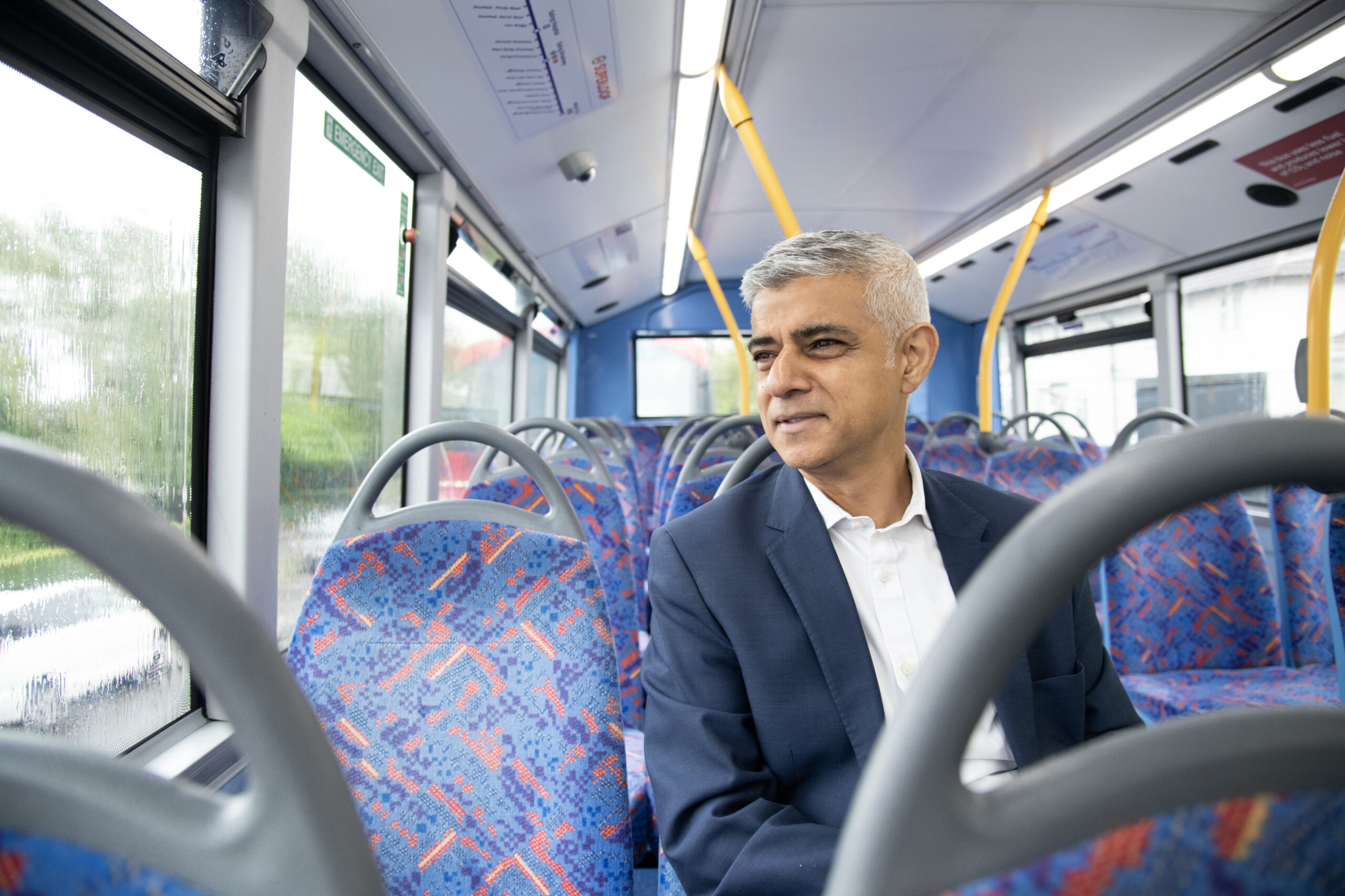Scott Moore, business analyst for the Scottish Improvement Service, won a Socitm scholarship to research digital public service trend in Seoul during the summer. Here he looks back on he learnt during his summer investigating the city’s digital transformation.
Downtown Seoul – Photo credit: Flickr, Mario Sanchez Prada, CC BY-SA 2.0
The majority of the world’s population currently live in urban areas, which brings with it a myriad of socio-economic challenges. In an effort to deal with these challenges, cities are investing in smart city technologies to improve standards of living, efficiencies, governance and economic growth.
By improving digital infrastructure, cities can tackle urban challenges more proactively through innovative new technologies such as e-government, big data and the Internet of Things (IoT).
Many countries and cities are pursuing this agenda, but few have mastered it. The city of Seoul is widely regarded as a pioneer in the field, having perfected its smart city solution over the years.
Related content
Lessons from Estonia: “Our country was like a start up”
Cracking the ‘us versus them’ mentality: Singapore’s GovTech CIO on digital services for the masses
Unlocking the power of big data
After the Korean war in the 1950s, Seoul’s economy was shattered. But favourable export policies and smart investment in manufacturing sent the city through three decades of exponential growth. It is now ranked 6th in the Institute for Urban Strategies Global Power City Index, which measures cities on their ability to mobilise their assets in securing economic, social, and environmental development.
More recently, in its efforts to become the top e-government of the world, the city has been investing in digital technologies in its public office, and has ranked 1st in the UN’s eGovernance survey six years running.
From websites to digitising democracy
Seoul’s journey started back in 1999, when the metropolitan government appointed its first chief information officer.
After this, the government implemented a series of e-government projects, most notably the creation of a single online portal for citizens, which brought together government webpages that had previously only existed in silos.
By 2006, the government started pushing forward with its strategy of citizen-led smart governance with a range of e-government policies.
First was the creation of Oasis, an online public proposal system that collects citizens’ ideas on issues affecting the city. Every month a handful of suggestions are put forward to a board and the best ones are interpreted to form policies.
Since its launch, 565 ideas from citizens have been reflected in policies – from the designated no-smoking zones around the city to the building of Sebit-seom, the world’s first floating building which houses conferences, art galleries and music concerts.
And, once smart phone technology took off in the city – 90% of Seoul citizens have smart phones – the government looked to exploit this to boost citizen engagement, creating its mVoting system.
Similarly to Oasis, the mVoting system is a communication platform where policies can be shared with citizens. With 813 voting agendas, around 70,000 citizens participate in voting via an app. To support this, the government has created 3,590 free public Wi-Fi spots across the city.
Opening up government data
Meanwhile, Seoul’s government has been bolstering the use of big data to improve the efficiency of public services. For instance, it is working with Korean telecommunications group KT to analyse traffic and phone data to identify popular bus routes.
By looking at the locations of calls made during the hours of midnight and 5am, as well as the patterns of the floating population, the government was able to identify which routes were used the most. This allowed it to optimise a number of late night bus routes across the city – these are now used by 7,000 citizens every day.
But the government also wants to encourage citizens and businesses to innovate. A recent report from consultancy company McKinsey estimated that better use of open data across just seven industries could generate an additional $3 trillion to the world economy every year.
To harness this potential, the Seoul metropolitan government created an Open Data Plaza – a publicly-available online repository that holds more than 4,000 data sets in 10 different categories.
The aim is to encourage citizens to develop the services they really need. And the idea seems to have worked, with the online repository being accessed around 670,000 times a day.
Embracing the Internet of Things
In its vision to becoming the world-leading digital city by 2020, the Seoul metropolitan government has been investing in Internet of Things technologies around its communities, which it hopes will help improve transportation, safety and tourism across the city.
Take the traditional Korean village of Bukchon, which attracts more than 85,000 visitors a month. The village’s popularity causes significant inconveniences for locals, with increased littering, parking and noise pollution.
In response, the government invited 30 tech start-ups to pilot IoT sensor technologies around the area. And the idea worked: take the Integrated Parking Information System, which allows citizens to know the location of parking lots and real-time parking information through smartphone applications, helping reduce congestion around popular areas of the city.
Building on the success of these projects, the government is planning on rolling out IoT infrastructure to a further 99 locations across the city by 2020.
Seoul sees this roll-our as a crucial part of its Digital 2020 plan, and it is being driven by the foundation of specialised IoT academies and hackathons. The government hopes it will help foster a further 615 start-ups across the city.
Discussing the Digital 2020 plan, Seoul mayor Park Won-soon recently said that, soon, through better use of digital technologies, citizens – the beneficiaries of public digital services – would establish most policies.
“Plus, through a new digital industry, our city will create jobs, which will stimulate the economy, and solve various urban problem,” he said.
Seoul’s rapid urbanisation and development over the past 50 years brought with it myriad socio-economic problems, which have put significant strain on public services. And these pressures are sure to increase with further economic development.
It is only through innovative e-government solutions like these that Seoul will be able to maintain its global competitiveness as one of the world’s leading smart cities.



